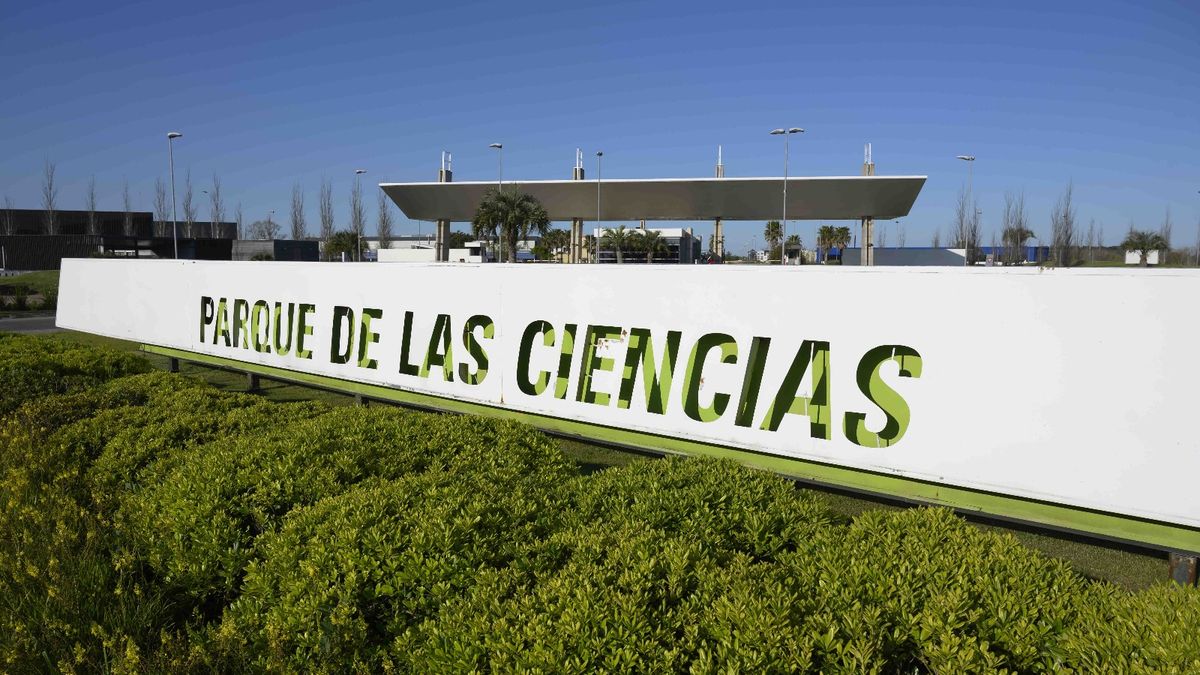The Department of cannelloni has been working intensely to position itself as a point for foreign investments. In this sense, several logistics centers and free zones currently operate, among which the so-called “Science Park”, of German capital where the pharmaceutical and technology sectors are protagonists.
According to Enrique Buero, general manager of the Parque de las Ciencias Free Trade Zone, its objective is “due to its status as a Free Trade Zone, to contribute to attracting investment, generating employment and increasing exports from Uruguay to the region and the world.” “Secondly, the project, without this being an exclusive condition, has a clear orientation towards attracting activities related to life sciences, high technology and high added value, so it has the capacity to host highly complex industrial activities, specialization in advice and services to serve this client profile and the business cluster,” he added.
Currently there are more than 85 companies that operate in the park, with the possibility of carrying out industrial, commercial or service activities. There are companies from all sectors and from very varied origins such as Germany, USA, China, Argentina, Brazil, New Zealand, Swiss and Spain, among others, but also companies of national origin that seek to enhance their exports using the benefits of operating under the Free Zone Regime. The spectrum of activities is very varied and can be grouped into logistics, industrial, commercial and provision of different types of services, highlighting those linked to the pharmaceutical industry and services associated with it, which is linked to the origins of the project.
The total investment in Science Park currently exceeds 250 million dollars. “The most significant investments come from the pharmaceutical industrywith an important participation of the project Megalabs and others that were added over the years. Additionally, the Park is in the process of expanding from 55 to 88 hectares related to the development of the Google in Uruguaywhich without a doubt will represent a very important milestone for the country and of course for Science Park,” Buero told Ámbito.
The challenges of a thriving sector
The representative of the free zone reflected that “without a doubt we have challenges in a world that is increasingly competitive in attracting investments, with more than 7,000 free zones in 140 countries. In this sense, it is necessary to work every day on issues such as competitiveness, connectivity, availability of human resources, updating of regulatory aspects, debureaucratization.” “There are also others as a consequence of the changes that are taking place at a global level, such as, for example, the implementation of the Minimum Global Taxwhich without a doubt represents a challenge in which Uruguay has to work actively so that, without neglecting any of the aspects that I mentioned before, it can transform it into an opportunity to promote greater investments with a focus on innovation, job creation and sustainability”.
Sustainability.jpg
Photo: Pexels – Artem Podrez
“The free zone regime of the Uruguay is well positioned to face these types of global challenges, with a value proposition that includes tax benefits and customs advantages, but also qualities such as its legal security and its State Policy status as fundamental aspects. Furthermore, it is a regime that has demonstrated the economic substance of the activities carried out under it and the clear benefit it generates for Uruguay; For example, an average return of 7 dollars for every dollar exempted between 2014 and 2021, 66,000 direct and indirect jobs, average investments above the rest of the economy and 30% of the country’s exports,” said Buero.
Canelones’ strategy to attract investments
According to the general director of the Investment Promotion Agency of the Government of Canelones (API), Adrián Miguez, For around twenty years, the department has been consolidating according to its regions as a home for a significant number of families, industrial areas, small and large commercial areas, services, agriculture and logistics and innovation.
Taking this process into account, the need arose to promote trust and confidence. stability in the local economy, and for this, the Canarian strategic plan (PEC, which already has 4 advances since the first was presented in 2007) was carried out, which designs the guidelines that aim to improve management such as organizing the territory, developing the department in a sustainable way and increase the “quantity and quality” of the investment projects that are located in the Canary Islands.
In 2015, the API Promotion and Investment Agency was born as a proposal from the former mayor. Yamandú Orsi seeking to strengthen links between the public and private sectors. The API is physically located at the entrance to the Science Park, in front of the Carrasco International Airportin the epicenter of the logistics and innovation corridor of routes 101 and 102 in that region of Canelones.
cannelloni They also have another logistics corridor such as Route 5, which connects directly with the Port of Montevideo through rail and road transport. To date from one stop investment window At the API, nearly 1,500 meetings have been processed, a large part of which have been consolidated into investment projects in the logistics, industrial, commercial and residential sectors.
Source: Ambito




